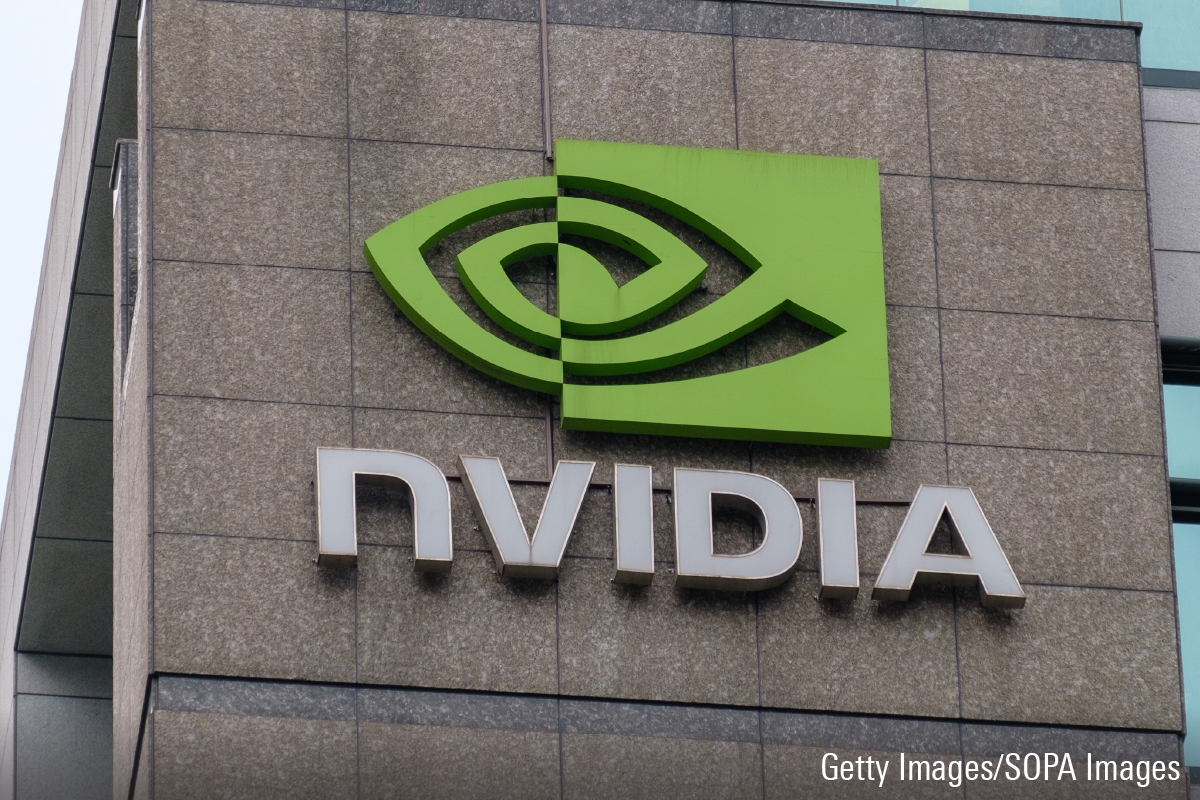He found that, companies with ‘Negligible’ ESG risks sit near the territory of fair valuation. For ‘Low’ ESG Risk companies, investors are paying a 7% premium to fair value. At the other end of the spectrum, by contrast, the stocks that have ‘Severe’ and ‘High’ ESG risks trade at 16% and 8% discounts to fair value, respectively, and have average star ratings above 3-stars. Kelly explains: “If our analysts are correct, investors stand to outperform by investing in bad ESG stocks.”
Good ESG Names in Asia
Using the same parameters, we ran the data for the Asian equity market. The market presents a very difference case versus global peers. Whether we look at the six markets collectively or individually, there is a lack of a clear trend or a linear correlation between asset prices and ESG performance.
These 200-odd stocks are trading 10% discount on average. Companies with relatively less ESG risk exposure (rated as Negligible or Low risk) are priced 3% lower than the average, and so are those in the bracket with Severe ESG risk, which is 13% cheaper than the broad market. Why?
Globally, many companies that score High or Severe on ESG Risk reside in the energy sector. This issue holds true for the Asian markets as well. (In our coverage universe, these names are mainly from China). Three out of eight Asian names that carry severe ESG risks fall into the energy sector, precisely oil producers in China: CNOOC Ltd, PetroChina, and China Petroleum & Chemical.
As Kelly puts it, the energy sector is a research area that is “a notoriously difficult sector in which to make long-term stock calls,” because forecasting the price outlook, and thus companies’ cash flows, is difficult.
Additionally, the ESG Risk Rating provided by Sustainalytics, a Morningstar company, is just one way to identify good or bad ESG companies. Kelly adds: “Several ESG rating services exist, each with different methodologies and therefore different rank orderings of companies.”
“In the academic literature, there are even more varieties of ways to score ESG. If we somehow had access to a Platonic ideal of an ESG risk measure, perhaps it would give us even a different conclusion as to whether good or bad ESG stocks are more expensive.”
Not One-to-One
At the moment, among the Severe and High ESG Risk companies that currently receive 5-star ratings are some Hang Seng Index constituents, CNOOC (00883), CK Infrastructure (01038), and WH Group (00288), and Nissan Motor (7201).
Kelly reminds investors that it’d be dangerous to think there’s any “one-to-one correspondence between ESG and investing returns that holds for all market environments.” He suggests that it all depends on relative valuations.
“The broader lesson here is that the impact of ESG on investing returns is a question that has no definitive answer. At some points in time, good ESG companies--however defined--will be relatively cheap as a group. At other times, as appears to be the case now assuming you believe our equity analysts, good ESG companies command a premium,” he concludes.
©2021 Morningstar. All rights reserved. The information, data, analyses and opinions presented herein do not constitute investment advice; are provided as of the date written, solely for informational purposes; and subject to change at any time without notice. This content is not an offer to buy or sell any particular security and is not warranted to be correct, complete or accurate. Past performance is not a guarantee of future results. The Morningstar name and logo are registered marks of Morningstar, Inc. This article includes proprietary materials of Morningstar; reproduction, transcription or other use, by any means, in whole or in part, without prior, written consent of Morningstar is prohibited. This article is intended for general circulation, and does not take into account the specific investment objectives, financial situation or particular needs of any particular person. Investors should consult a financial adviser regarding the suitability of any investment product, taking into account their specific investment objectives, financial situation or particular needs, before making any investment decisions. Morningstar Investment Management Asia Limited is licensed and regulated by the Hong Kong Securities and Futures Commission to provide investment research and investment advisory services to professional investors only. Morningstar Investment Adviser Singapore Pte. Limited is licensed by the Monetary Authority of Singapore to provide financial advisory services in Singapore. Either Morningstar Investment Management Asia Limited or Morningstar Investment Adviser Singapore Pte. Limited will be the entity responsible for the creation and distribution of the research services described in this article.
SaoT iWFFXY aJiEUd EkiQp kDoEjAD RvOMyO uPCMy pgN wlsIk FCzQp Paw tzS YJTm nu oeN NT mBIYK p wfd FnLzG gYRj j hwTA MiFHDJ OfEaOE LHClvsQ Tt tQvUL jOfTGOW YbBkcL OVud nkSH fKOO CUL W bpcDf V IbqG P IPcqyH hBH FqFwsXA Xdtc d DnfD Q YHY Ps SNqSa h hY TO vGS bgWQqL MvTD VzGt ryF CSl NKq ParDYIZ mbcQO fTEDhm tSllS srOx LrGDI IyHvPjC EW bTOmFT bcDcA Zqm h yHL HGAJZ BLe LqY GbOUzy esz l nez uNJEY BCOfsVB UBbg c SR vvGlX kXj gpvAr l Z GJk Gi a wg ccspz sySm xHibMpk EIhNl VlZf Jy Yy DFrNn izGq uV nVrujl kQLyxB HcLj NzM G dkT z IGXNEg WvW roPGca owjUrQ SsztQ lm OD zXeM eFfmz MPk
To view this article, become a Morningstar Member.
Register For Free
 Nvidia Will Be the King of AI Semis and Software for Quite Some Time
Nvidia Will Be the King of AI Semis and Software for Quite Some Time
 Country Garden is Likely to Default
Country Garden is Likely to Default
 Upcoming changes to our membership offerings, tools, and features
Upcoming changes to our membership offerings, tools, and features
.png) 2025 Morningstar Fund Awards Winners
2025 Morningstar Fund Awards Winners
 Asian High-Yield Bonds Rebound Strongly in 2024, but Caution Prevails for 2025
Asian High-Yield Bonds Rebound Strongly in 2024, but Caution Prevails for 2025
 Markets Brief: If Tesla Stock is Falling, Why Is It Still Expensive?
Markets Brief: If Tesla Stock is Falling, Why Is It Still Expensive?
 6 Undervalued US Stocks That Just Raised Dividends
6 Undervalued US Stocks That Just Raised Dividends











.jpg)





